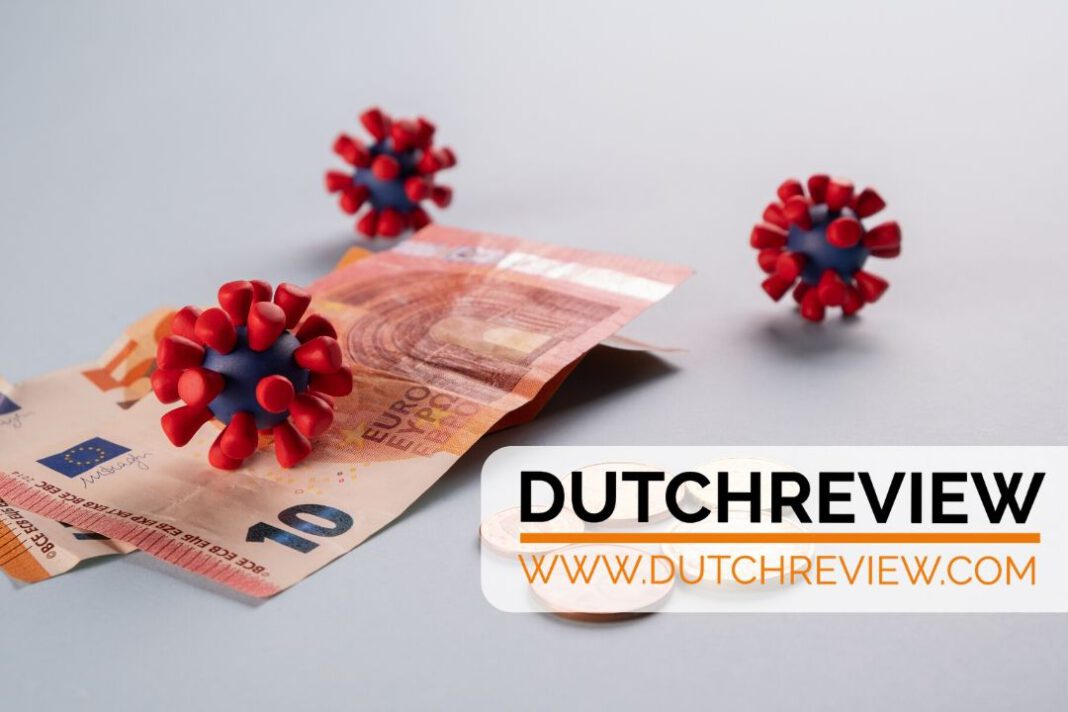The Dutch government announced a gradual relaxation of the coronavirus distancing measures last night. As the Netherlands whirrs and hums its way to a new start, here’s what the experts think about the reopening.
Like other countries, the Netherlands has been virtually closed for almost two months. Businesses shut their doors, restaurants were reduced to take-away only, and people huddled inside and waited for it all to blow over. Except, they couldn’t — keeping the country closed until a vaccine or treatment for coronavirus is discovered is impossible economically, socially, and politically.
With the Dutch government planning to increase ICU beds to at least 1700, they know the trade-off they are taking between people’s health and returning to a more ‘normal’ life. Patricia Bruijning, epidemiologist at the UMC Utrecht, thinks that it’s time to relax the measures.
“The healthcare system can handle it. And there is some room for manoeuvre if the number of infections does increase,” she told NOS. “Moreover, I do not expect the number of infections to decrease further if we waited longer, partly because people then choose to relax more measures themselves.”
“We know that the virus mainly spreads through prolonged, intensive contact in indoor areas. We now go outside more, ventilate more, and are in each other’s space less. This makes the virus less likely to spread.”
Measures will be lifted either officially, or unofficially
Marc Bonten, medical microbiologist and member of the OMT, think it’s a sensible move to continue lifting measures — provided hospital admissions plateau or decrease. “I think a lot has already been relaxed by people’s behaviour,” he explained.
“The cost is huge and it was not sustainable from a human point of view,” Coretta van Leer, medical microbiologist and virologist at the UMCG said. “The current policy could not be sustained.” She says that the new measures are still cautious and can keep the virus as contained as humanly possible.
However, Hans Heesterbeek, professor of theoretical epidemiology at Utrecht University, says some of the measures could be improved. While hairdressers are set to reopen, mouth masks will not be mandatory and clients will instead just be questioned about their health.
“I think mouth masks offer better protection than asking people if they are sick. Suppose I go to the hairdresser without complaints now, but I will get sick tomorrow. Then I would probably be contagious.” But, he agrees that opening the terraces is a fair and relatively safe move.
Increased Testing
The Dutch approach to testing sick people has been widely criticised by residents. Until the government’s announcement last night, only those with a temperature higher than 39 degrees and breathing difficulty could even call their doctor to ask for a test.
Now, testing will be gradually increased to contact professions before everyone should be able to be tested from June 1. Why is it a ‘should’? Because OMT member Marc Bonten is concerned that health centres are not yet prepared for it — and that’s not the only issue. “The better we test, the more we can relax,” explains Heesterbeek. “But testing also includes tracing.”
Criteria to put measures back in place required
But how to open isn’t the only concern — we also need to be clear on how and when measures will be put back in place if needed. “When do we think things are going wrong? When do we intervene again?” asks Heesterbeek. Currently, a region will go back into lockdown if it has more than 50 infections per 100,000 inhabitants every week. Heesterbeek also suggests that instead of looking toward hospital admissions, we need to look for a new indicator.
Eradication no longer an option
Despite Minister Hugo de Jonge speaking yesterday about “putting out fires” in infection hotspots, Bonten doesn’t think the Dutch policy is moving towards eradicating the virus. “If we want the virus to disappear, we have to apply the handbrake further, not release it.”
Heesterbeek agrees and says that some measures must stay in place until a vaccine is discovered. “Testing is never going to detect all infections.”
What do you think about the latest Dutch coronavirus measures? Tell us your thoughts in the comments below!
Feature Image: DutchReview/Canva



